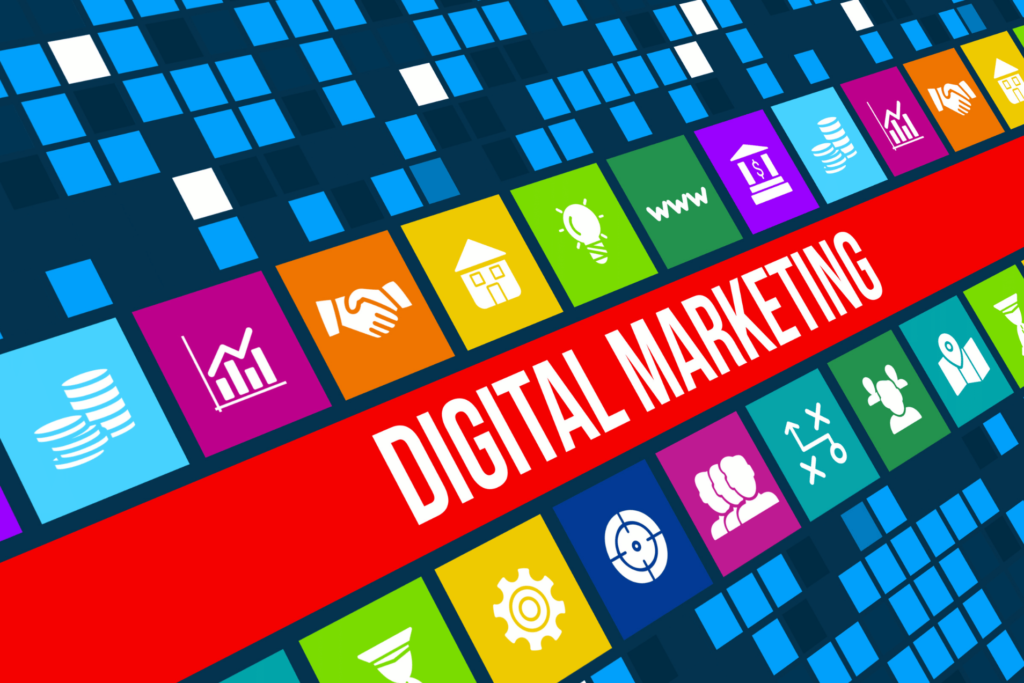
This module introduces the key concepts, strategies, and tools involved in digital marketing. It covers the main digital channels, including search engines, social media, email, and content marketing, as well as the analytics and metrics used to measure success. Students will learn how to develop and execute digital marketing campaigns that effectively reach and engage target audiences, driving business growth.
Trustindex verifies that the original source of the review is Google. Best Institute to enter into corporate worldTrustindex verifies that the original source of the review is Google. Siddhi institute is the best platform for us. To improve our skills and knowledge more and more. It is successful opportunity to our life thank youTrustindex verifies that the original source of the review is Google. It was a good experience in siddhi institute I really appreciate their efforts towards the students to achieve their goals thankyou sir for this wonderful opportunityTrustindex verifies that the original source of the review is Google. Siddhi Institute is one of the best platform to get a job easily and in a best way. This institute providing good communication skills, interview skills and basic computer skills which are really helpful for our career.Trustindex verifies that the original source of the review is Google. Siddhi institute is very helpful for those who are completed their graduation or any degree. Siddhi institute providing a good platform to get into a corporate company 👍Trustindex verifies that the original source of the review is Google. Best platform for Best Future, If u want to get success immediately join Siddi institute.....Any graduate, postgraduate & intermediate can join here.......Trustindex verifies that the original source of the review is Google. Siddhi institute is a good plateform to graduates if you join this institute you will be easy to get the job and here good lectures and good faculty.Trustindex verifies that the original source of the review is Google. Siddhi is a better plateform for every grduates and beginners if you are join in this Institute Compelsary you will settle in your lifeTrustindex verifies that the original source of the review is Google. The place where we can know what we are... chooseing siddhi is chooseing right decision 🙂
